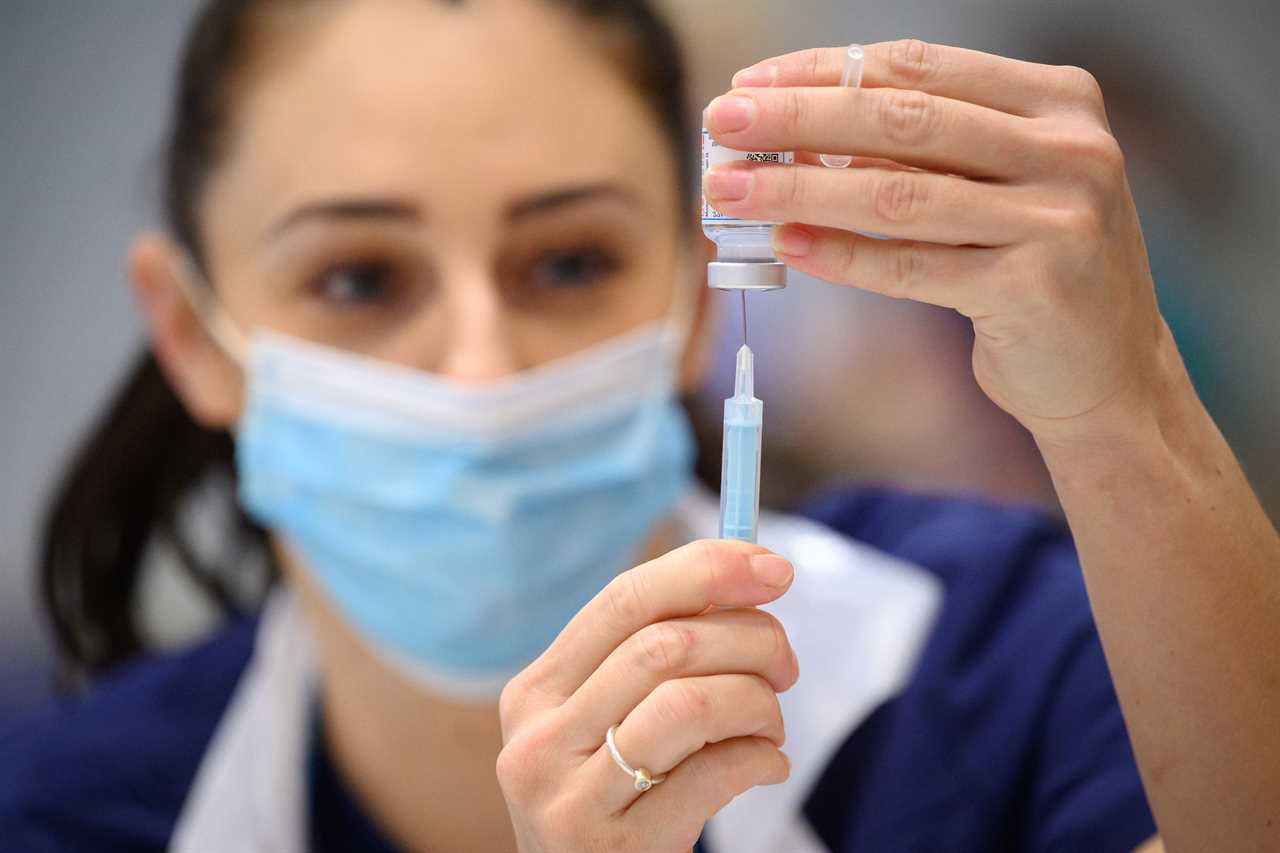
Revolutionary Cancer Treatment
A groundbreaking personalised cancer jab that could prevent the disease from returning will be introduced on the NHS within the next five years, according to a top health official. The vaccine, which can target specific genetic sequences or mutations in different types of cancer, has the potential to selectively destroy cancer cells while minimizing side effects. This marks a major leap forward in cancer treatment, hailed as one of the most significant transformations in the last decade.
Wide Range of Cancers
The personalised cancer jabs will be used to treat up to 10,000 patients with various types of cancer, including advanced melanoma, prostate cancer, and head and neck cancers. By tailoring the vaccine to each patient's specific cancer, it can effectively combat the disease and reduce the risk of recurrence.
Building on Success
This groundbreaking treatment is made possible through a partnership between the UK government and BioNTech, a German-based company known for developing the highly successful COVID-19 vaccine. The collaboration aims to provide patients with the personalised cancer jab by 2030, leveraging the same mRNA technology used in the Pfizer/BioNTech coronavirus vaccine.
Identifying Eligible Patients
A new Cancer Vaccine Launch Pad (CVLP) will be established to create a comprehensive database, allowing for the quick identification of cancer patients who could potentially benefit from the personalised mRNA cancer vaccines and immunotherapies. This will streamline the process of matching eligible patients with appropriate clinical trials.
Reducing the Risk of Recurrence
NHS national director for cancer Prof Peter Johnson explains that the ability to use vaccination to reduce the risk of cancer recurrence is an attractive prospect, particularly for patients who have undergone surgery to remove the primary tumor. By vaccinating this group of individuals, the chances of cancer returning can be significantly minimized.
Early Detection and Prevention
While the use of vaccines to enhance the body's ability to detect and destroy tumors in healthy individuals is still speculative, Prof Peter Johnson emphasizes the importance of early cancer detection. Scientists are currently conducting trials for a cancer blood test called the Grail test, which, if successful, could detect early forms of the disease and allow for prompt intervention.






